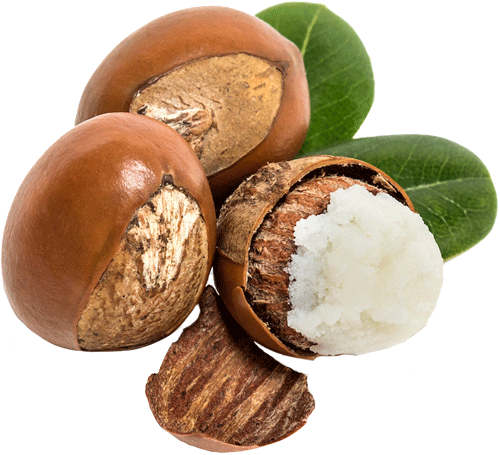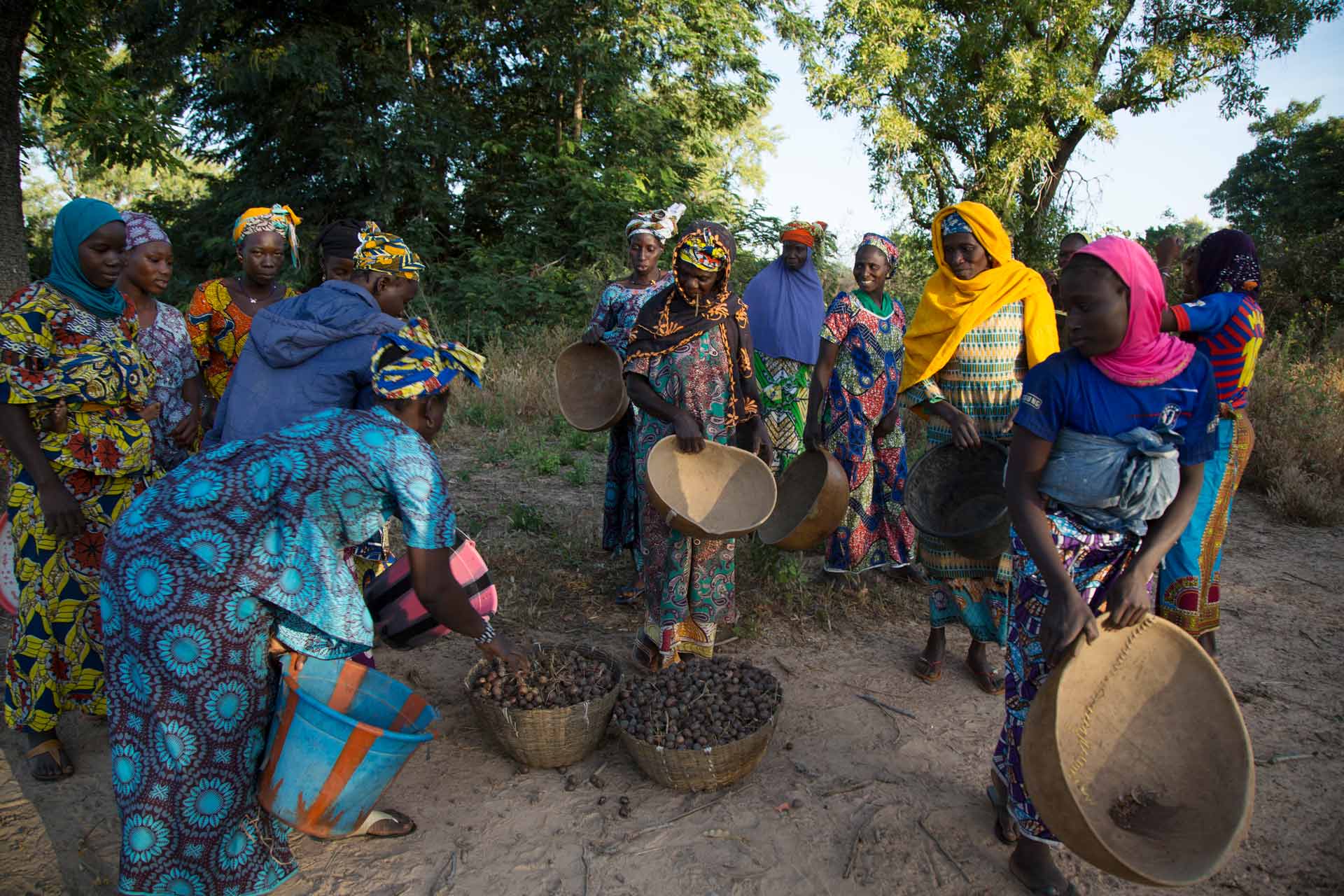Did you know that shea was a tree that was traditionally safeguarded due of its benefits?
The selling of shea tree leaves, roots, fruits, and so on was prohibited by custom. Despite this, witch doctors and traditional healers utilized the shea tree's roots to create highly sought-after medications. For these folks, the sale of the cures was a vital source of revenue.


SUPPLY CHAIN
Sustainable sourcing of safe, high-quality raw materials is at the heart of our commitments. Mali Shi promotes a value chain that is environmentally friendly, socially fair, and economically viable, while continuing to develop its activities in a responsible and transparent manner.
Our Supply Network
Mali Shi relies on two complementary sourcing channels:
-
Indirect supply: purchasing shea kernels from traders integrated into the traditional supply chain.
-
Direct supply: sourcing directly from women producers who harvest and process the kernels themselves for the factory.
To maximize social and economic impact, Mali Shi prioritizes direct purchases through its own network, which has now become its main source of supply.
By operating across the entire value chain – from kernel collection to butter processing – the company significantly contributes to increasing the income of rural women.


Our Supply Network
Mali Shi relies on two complementary sourcing channels:
-
Indirect supply: purchasing shea kernels from traders integrated into the traditional supply chain.
-
Direct supply: sourcing directly from women producers who harvest and process the kernels themselves for the factory.
To maximize social and economic impact, Mali Shi prioritizes direct purchases through its own network, which has now become its main source of supply.
By operating across the entire value chain – from kernel collection to butter processing – the company significantly contributes to increasing the income of rural women.



Our Objectives
- Increase the productivity of Mali Shi’s network of women collectors.
- Continuously improve the quality of shea kernels.
- Strengthen local organizations through development partnerships:
- tailored training,
- provision of equipment,
- modern storage infrastructure.


